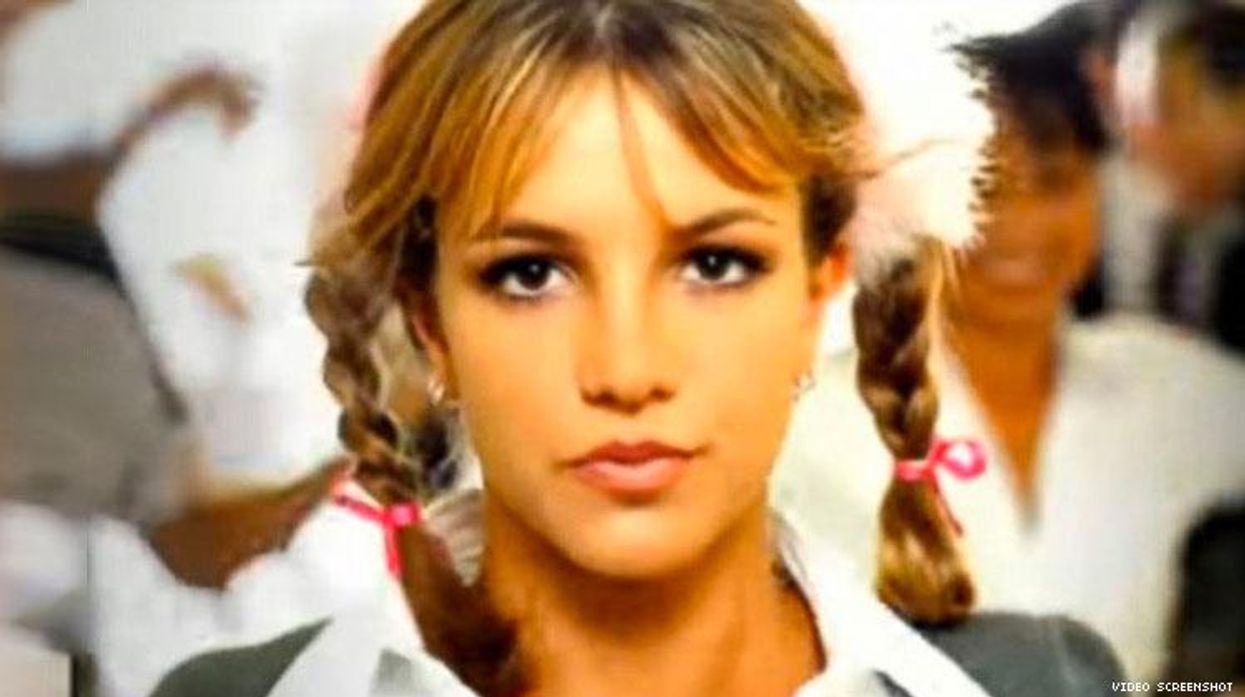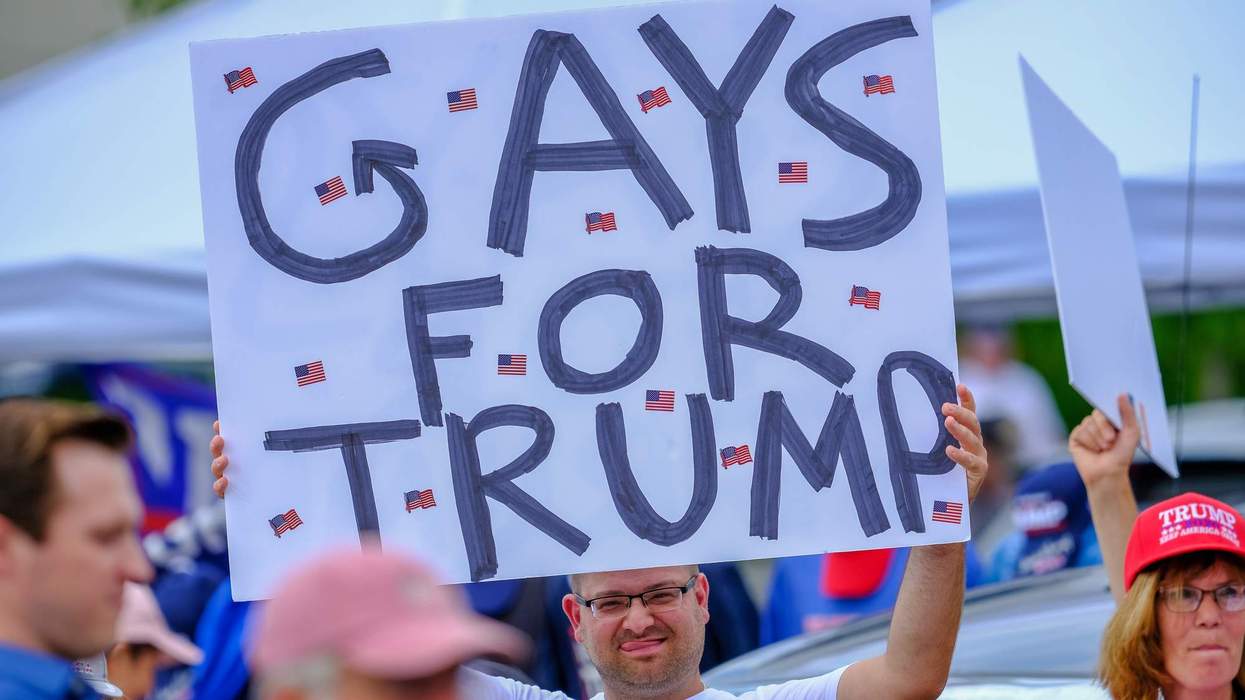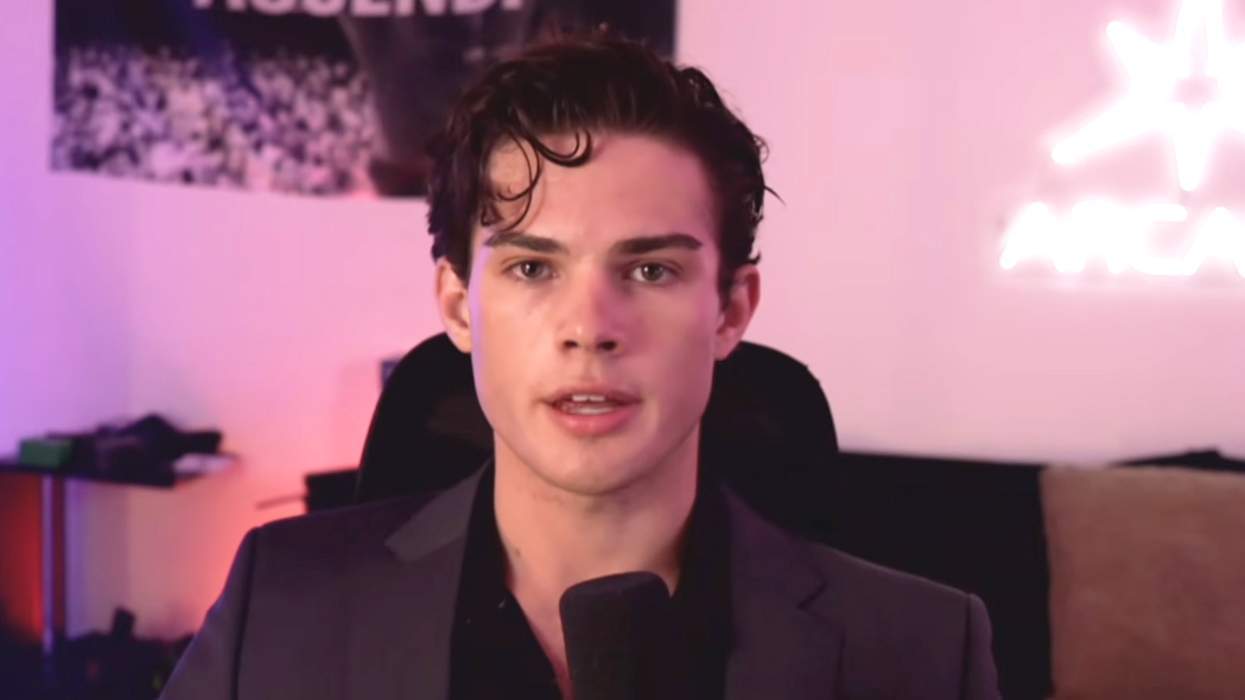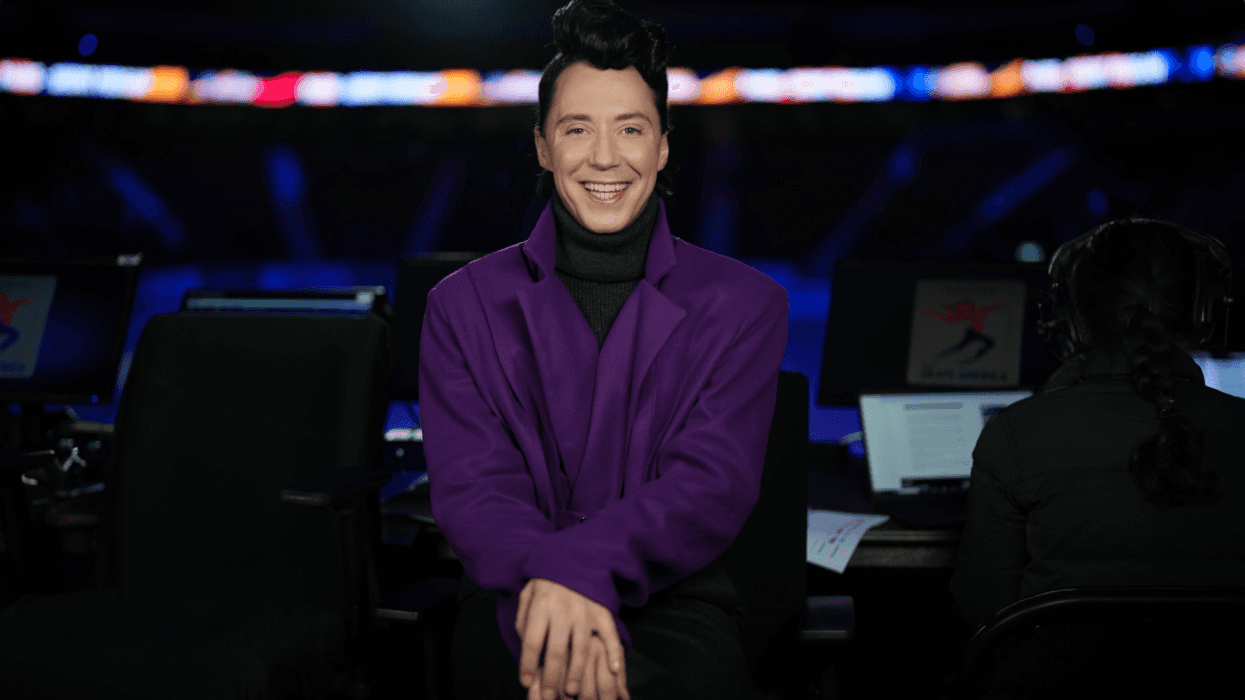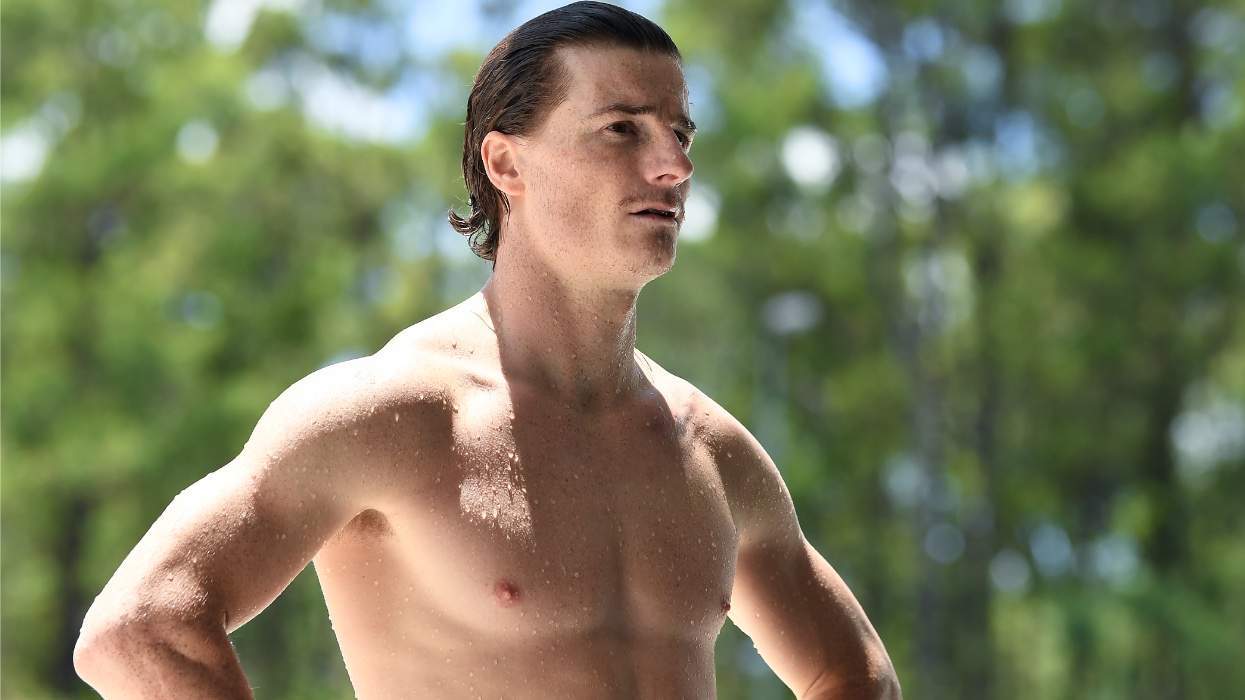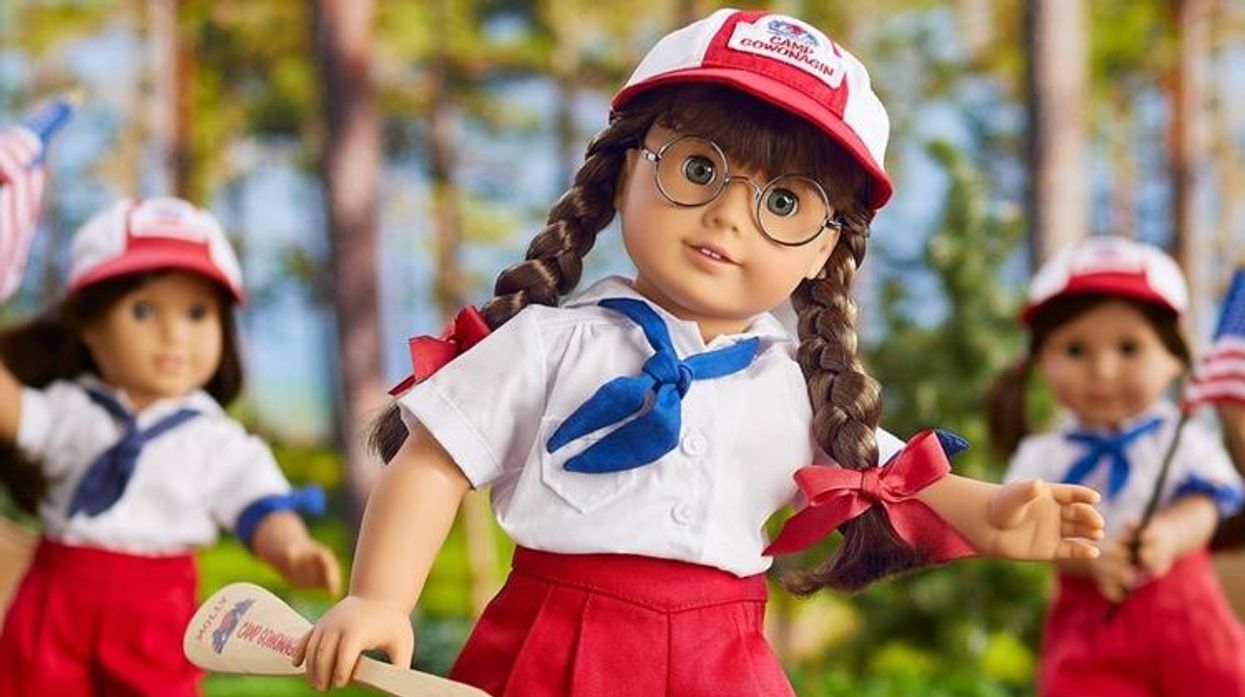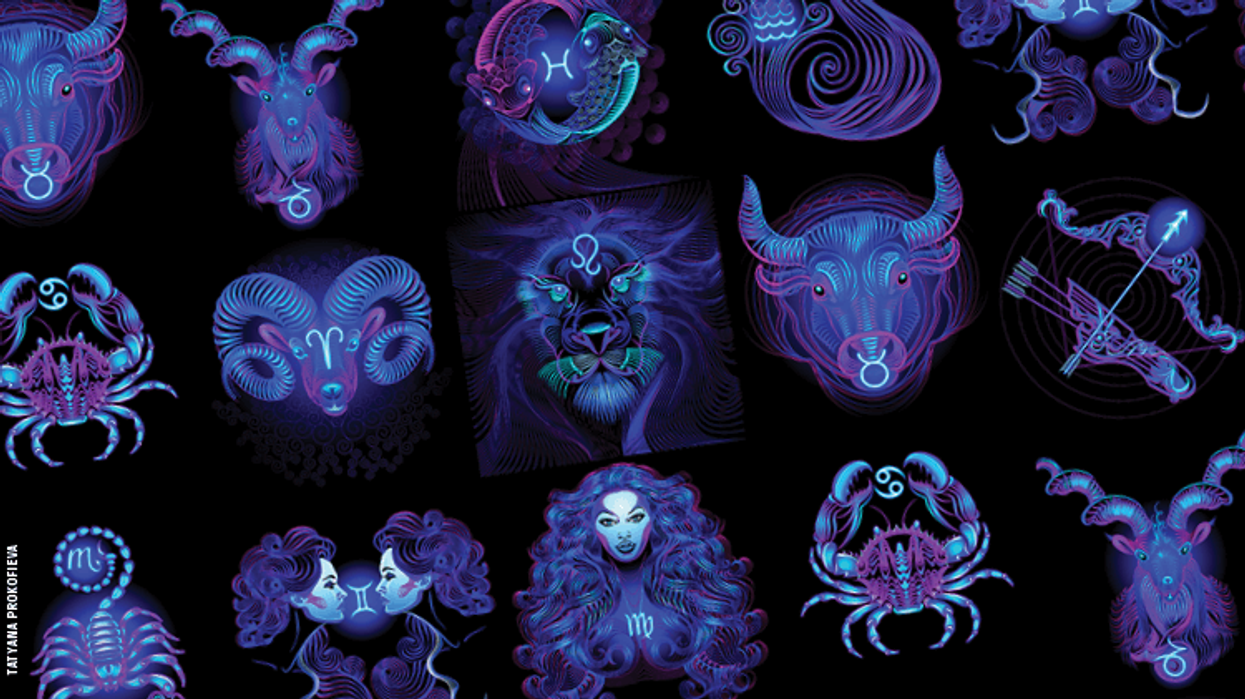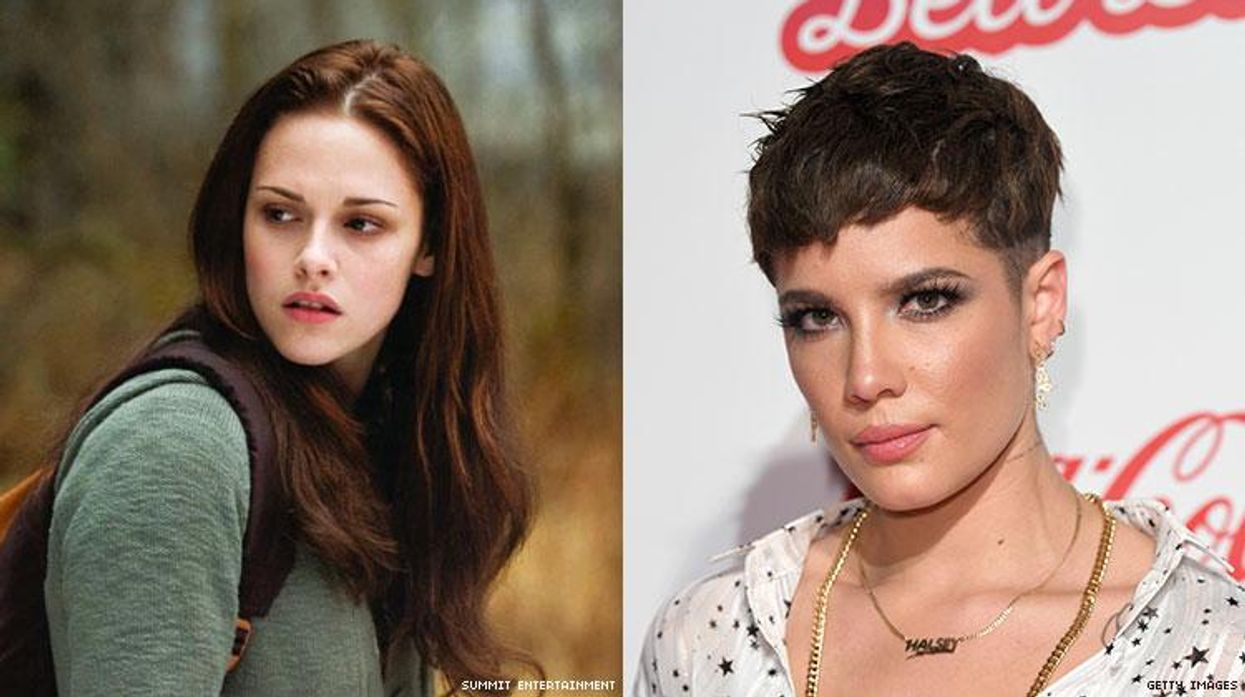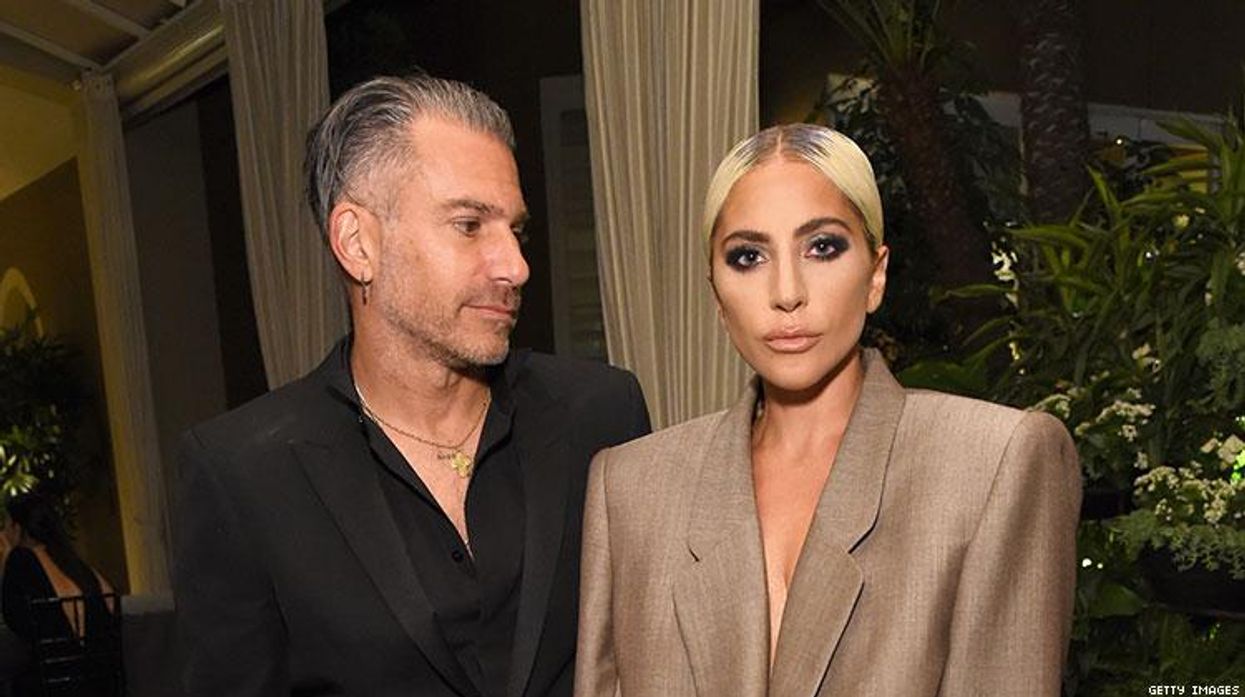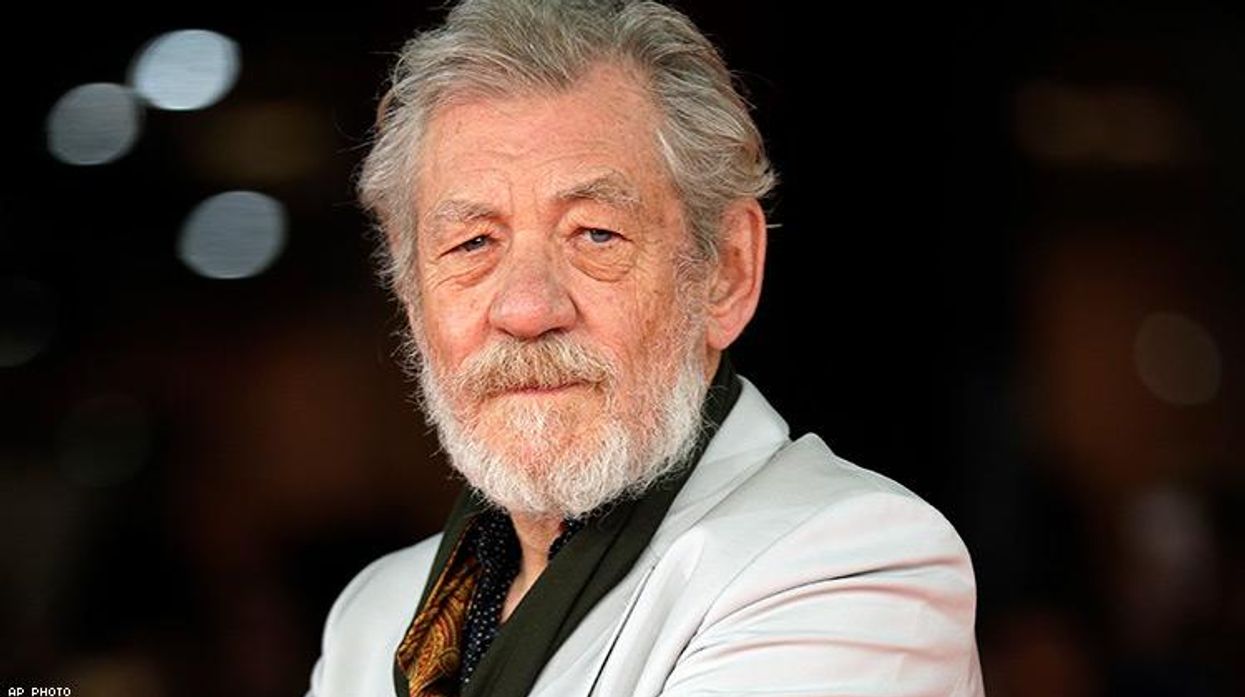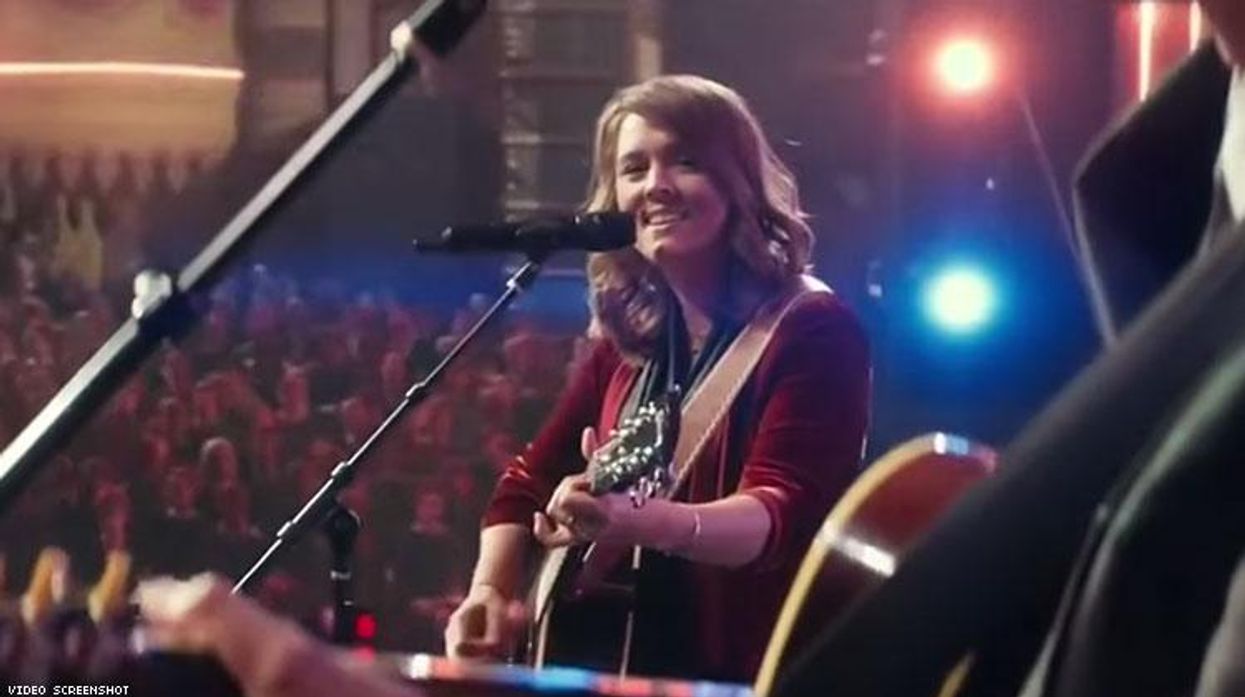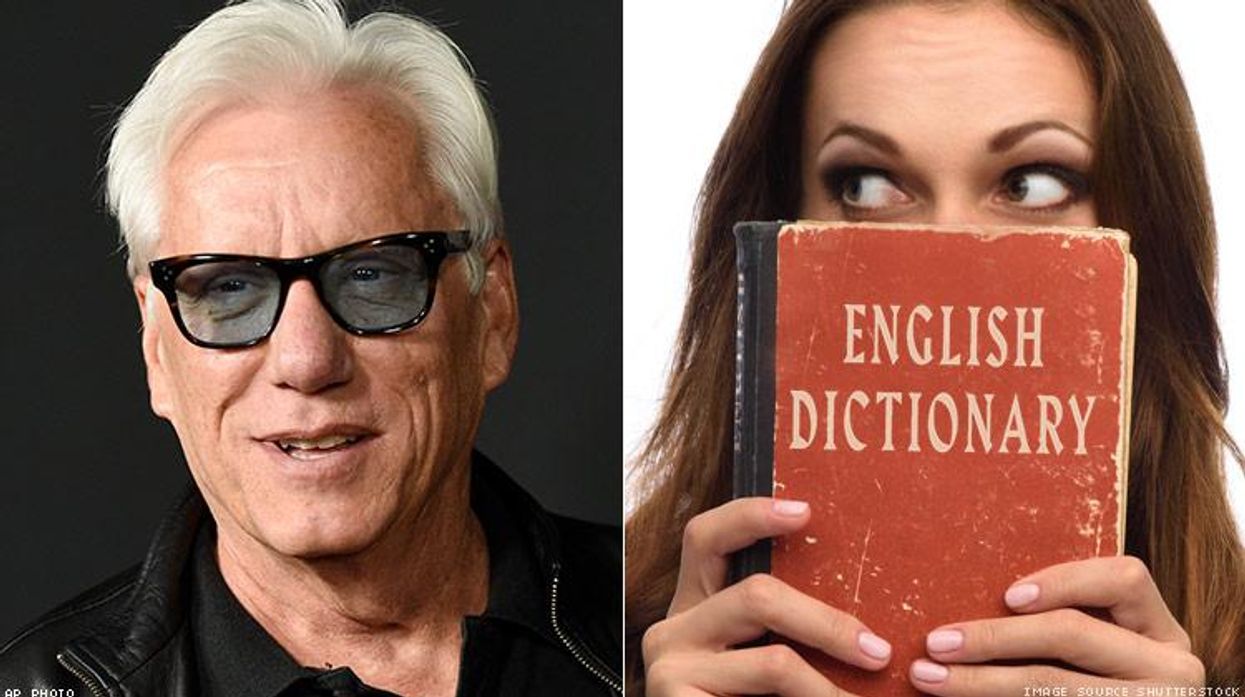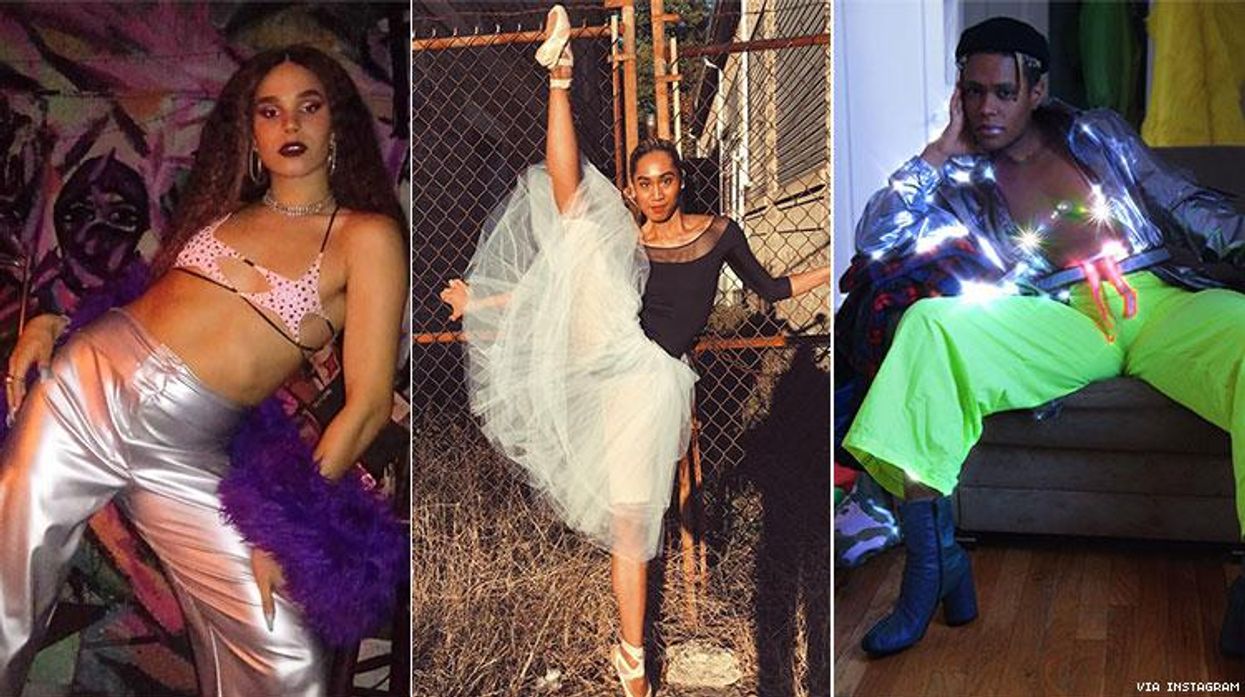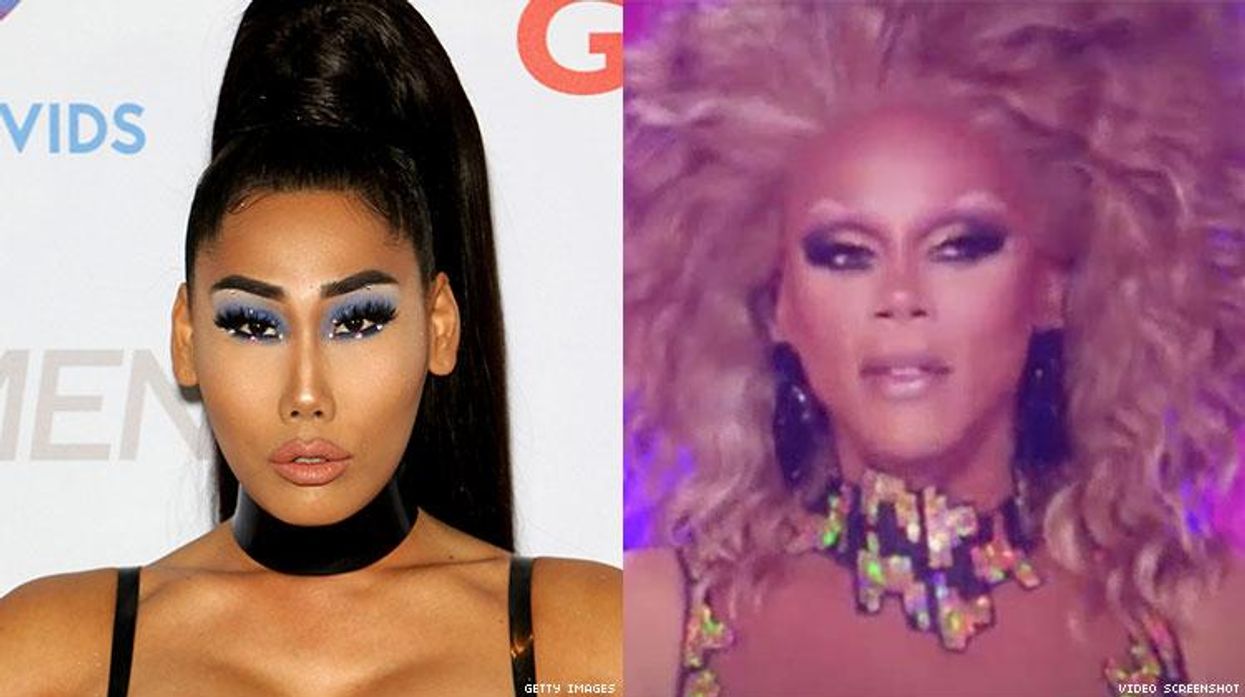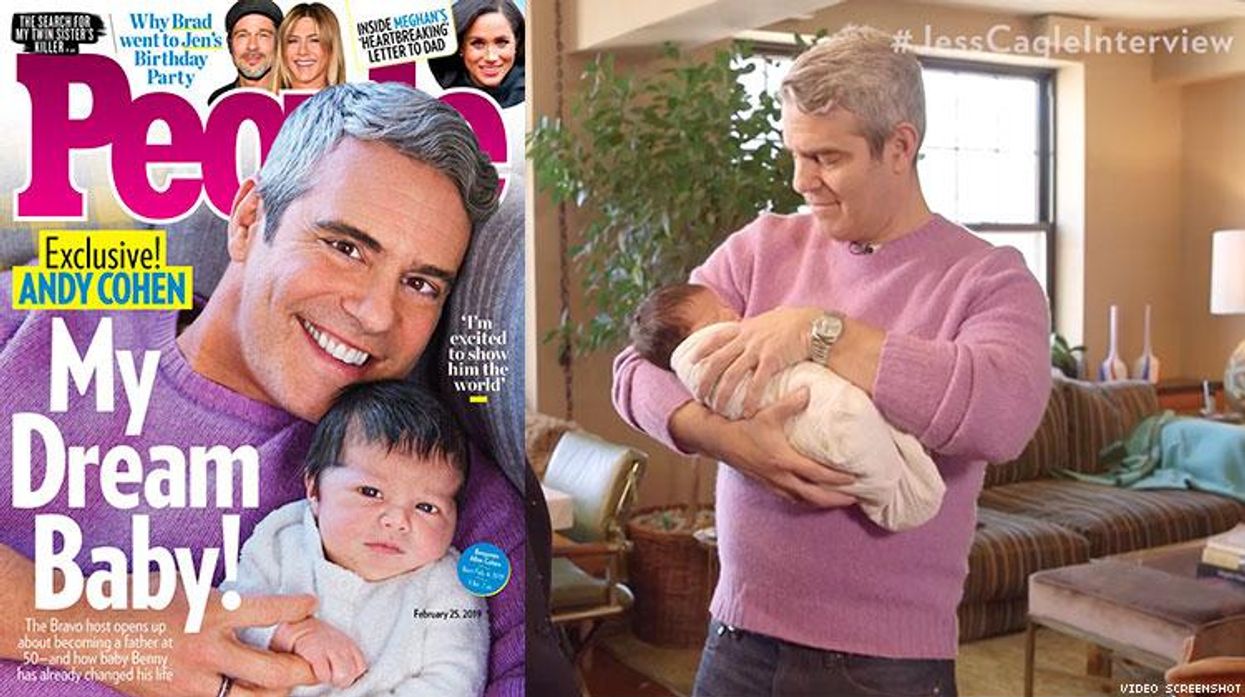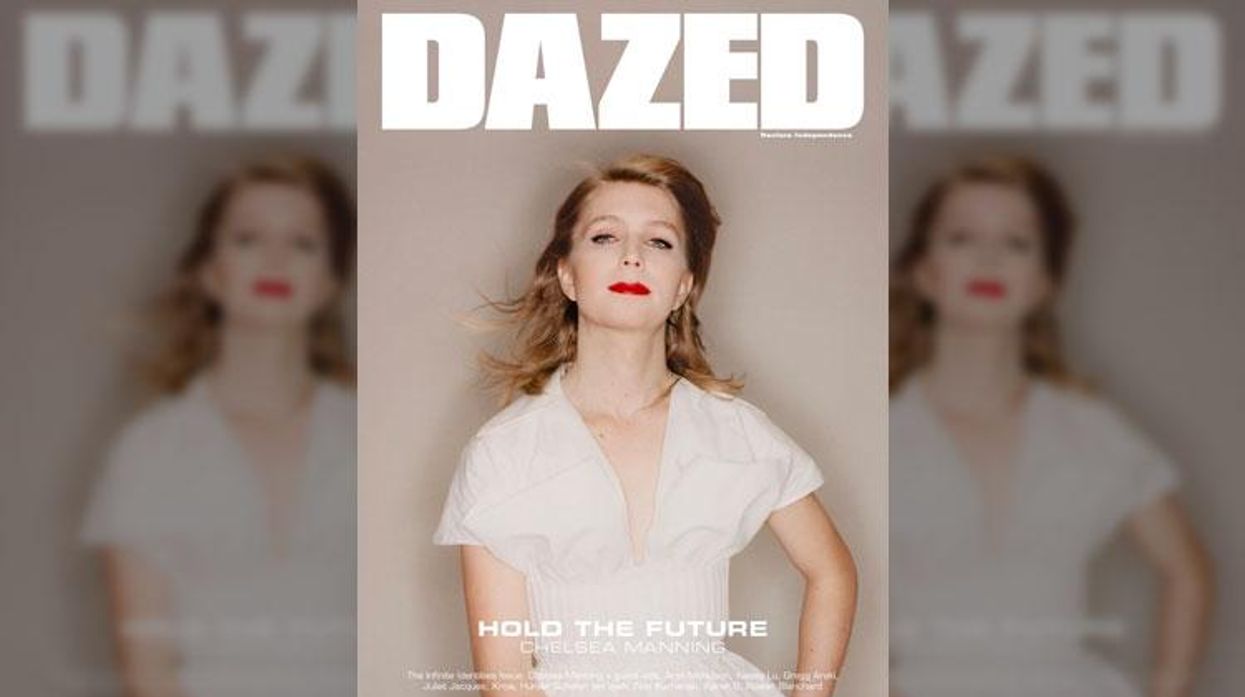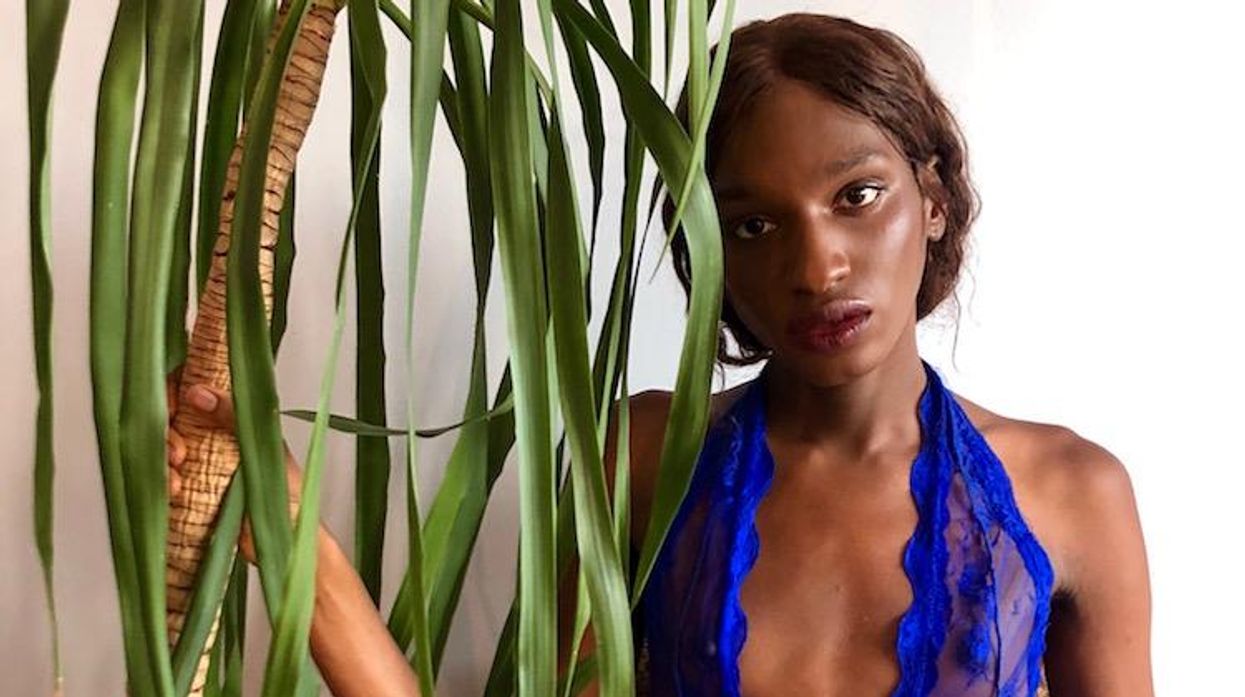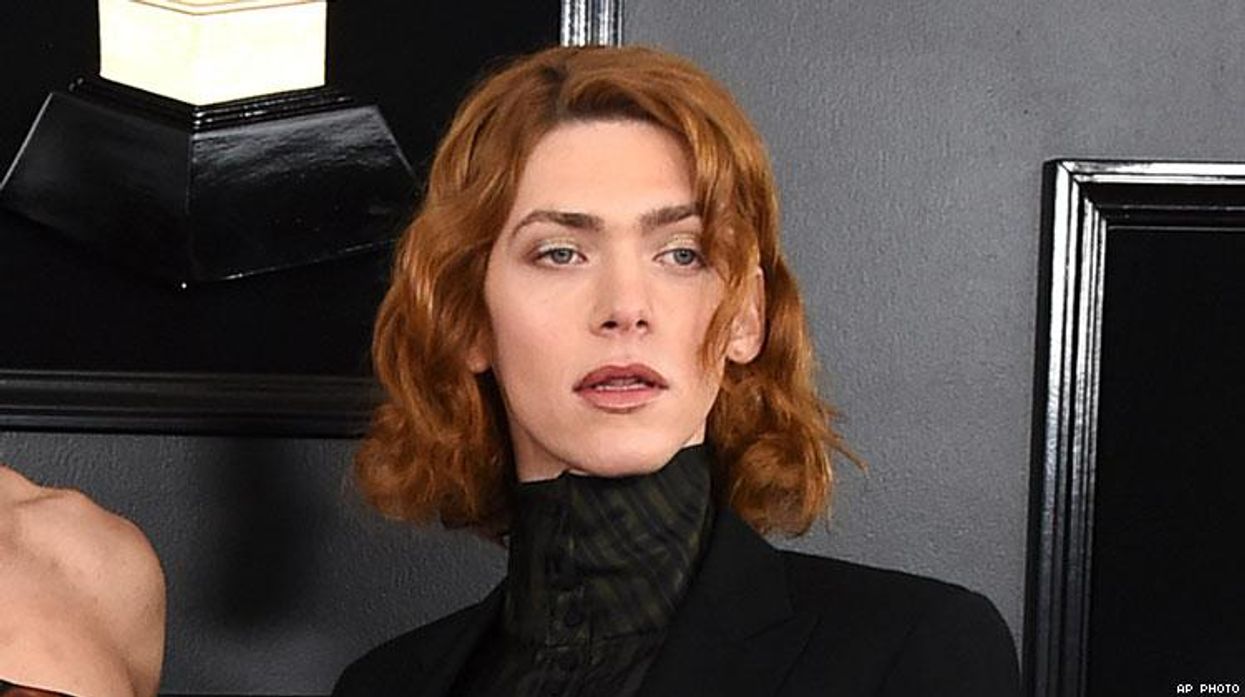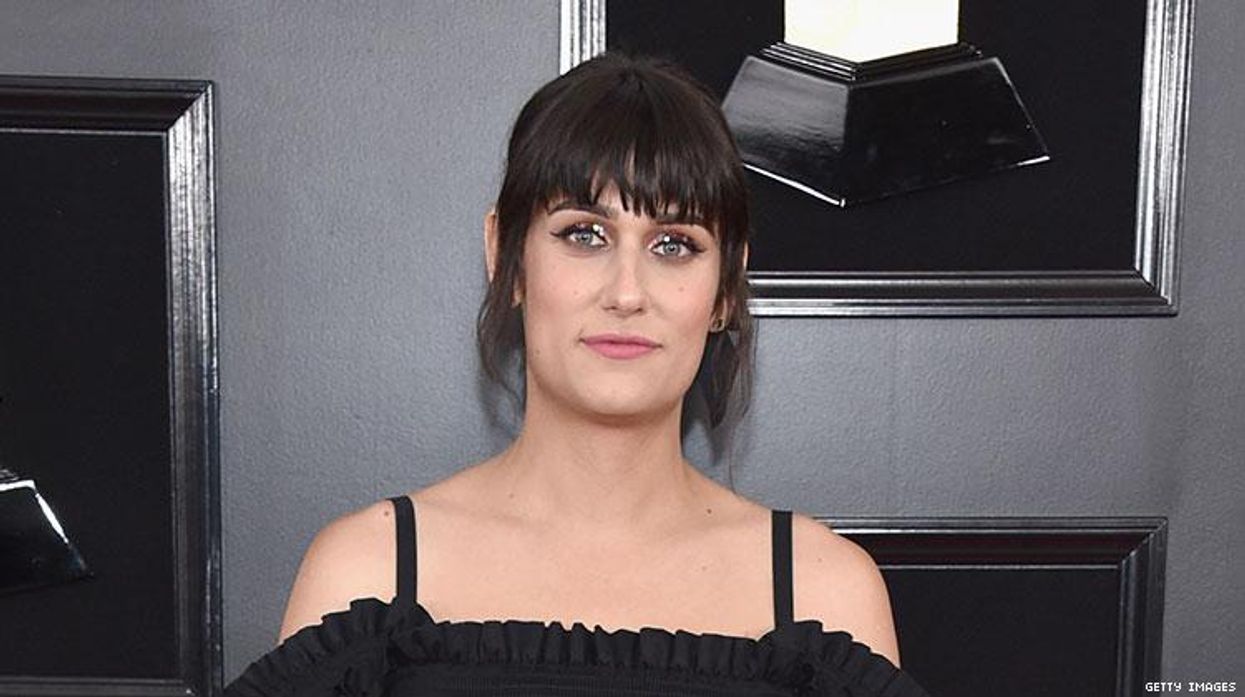Everyone's has been doing podcasts. But none quite like It's Britney, Bitch!, a new podcast "for stans, by stans" celebrating twenty years of the illustrious career of Britney Jean Spears.
It's quite common for podcasts today to go a little deeper. Take, for instance, Alright Mary, a podcast dedicated to all things RuPaul's Drag Race, that though not falsely advertised is really, at its core, an exploration of themes revolving around of queer identity. Such is also the case for It's Britney, Bitch!, which places Spears's story in the foreground and in the background, the coming-of-age (and coming-to-queerness) of its hosts T. Kyle MacMahon, who leads the digital/social team on Bravo's Watch What Happens Live! and Bradley Stern, a senior editor at Just Jared.
Each episode chronicles a year in Spears's career beginning in 1998 and ending (for now) in 2018, highlighting albums, music videos, concert tours, live performances, reality television judging panels as well as lesser-known tidbits and fun facts. But it's not only a deep-dive into the career of an oft-misunderstood legend, but a fabulous meditation on what it means to authentically "stan" -- and how you gotta take the rough with the smooth despite how challenging it can be.
Whether you love Britney or have never considered her (Who are you????), this is one of the smartest, funniest, and most endearing -- not to mention educational -- podcasts out there. Below, we chat with MacMahon and Stern about creating the pod, the therapy sessions that ensued, and how their stanning diverges from the toxicity of present-day stan culture.
How did this project first come about and why did you decide on podcasting as the medium?
TKM: Our podcast literally started as me and Brad on a Friday night going to Mom's [Kitchen & Bar] ... or we used to go to that Mexican place too a lot ... and we would just sit there and talk about whatever was going on in life and then be like, "So what the hell is she doing now?" And then no lie the idea came to me one night ... I was daydreaming in my car home from Watch What Happens Live, like falling asleep, and I was just like "Oh my god!" And I saw the cover art and thought, "Wait a minute, what if we did a podcast?"
BS: The only thing that we really differed on between then and what the final product is is how we would deliver it. At the time, very ambitiously, we thought we could do all twenty and do a surprise Beyonce and release everything at once. Thank God we didn't.
TKM: We were gonna bait the fans too. There was a moment ... this was pre-Vegas announcement ... So I was just like why don't we fuckin' stunt and really make waves and do a countdown? I bought a website. I had embed codes going. I was going to stunt this whole thing.
BS: But then "Domination" came around and I said [the fans] would actually kill us if the countdown led to two gays talking about Britney.
The format of the podcast is quite interesting for this, being that you broke it up into twenty episodes, each of which spans one year of her career, from her debut to the end of 2018. What were some of the virtues and what were some of the challenges that came out of working within the framework of a dedicated timeframe?
BS: Honestly, because I am a blogger I was able to go through the archives of the year since 2007, at least, and highlight all the key points of the fandom's highs and lows. As far as the earlier years though, I think that was really reliant on us talking to our experiences personally. Like in the "In the Zone" episode when we both came out. We both have that year frozen in our minds.
TKM: I love it. I feel like it's a time capsule. And I didn't notice it before or during, but I notice it now. It's fascinating how in the beginning we were in our experiences, at home as fans enjoying the music --
BS: Closeted...
TKM: -- Y'know, getting picked on in school and not able to connect with people then. I feel like our earlier episodes we just talk about the music and the songs that we love and we never got to have that external connection. But you see, as the episodes progress, we go to college, and then we come out, then we meet each other, and then it becomes life experience. I feel like that's coming through more as the podcast goes on.
BS: And I didn't think of that narrative as it was happening but then people would DM us and be like "Oh my god, your experience was the same as my experience, where I wouldn't outwardly express my fandom because I wasn't out." Like people are relating to it, definitely on a queer level.
Let's get into that. As you both know as creators of content, there can be a lot of feedback, especially when it comes to anything explicitly marked "for stans" as your podcast is. What's that experience been like for you both?
BS: We get helpful things like, "Oh, you didn't mention Will & Grace in 2006" or something like that which we anticipated ... we knew that people, once they understand the concept of what we were doing, would try and get us almost in a stan way ... in a helpful way, almost. And we don't mind that. And we'll probably do something in later episodes to remedy that. As far as backlash, there are people that want us to dig deeper into problems and troubles and legal struggles that she's had, in a way that's more Serial or a podcast that's more legal-focused and that was never our goal really. We know that that's such a part of her experience but that wasn't something that we particularly wanted to deep dive into.
TKM: And everybody else talks about that. I feel like anyone can look up court records, etc. and that to me is so dry and been done.
BS: If anything it's been more positive than I was anticipating because stans can be very critical. Did you know? [laughs]
Not to mention that this podcast has an extended shelf life -- it won't get old.
TKM: I went into this thinking I'm going to take the risk and put my voice out there. It's my biggest insecurity that I have and it's going to be a time capsule of my experiences and my fandom -- my life view on my number one favorite pop star. And shockingly, it's not that I don't care what people think, but I literally have been steamrolling through this and it really has helped me personally to be like, "This is my experience, I'm telling my story." I had people tweeting negativity at me and I really did not care, for the very first time ever.
BS: It's been very freeing.
TKM: Five years ago I would have been canceling this with you. I would have been like, "I can't do it anymore. People are too mean." Now I don't give a shit. I'm so proud of this. Because I feel like it's so genuine to us. It's our truth. It's our story ... Was that dramatic?
Award-winning drama, if anything. Can you talk a bit more about the voice thing you mentioned earlier, the insecurity around how you sound?
TKM: It starts when you're a kid when you sound like how I sound. Kids start picking on you, telling you that you're gay before you even knew it. It was the way I ran and the way I talked, the whole thing. So that's your whole experience for all of elementary school, all through high school. You're just automatically a target because of how you physically act and how you sound. For me at least. There's a lot of guys out there that can get away with it, like a more masculine guy can say, "Oh, I'm not gay," and get away with it. For me, I didn't have that option. I hated sports. I hated getting dirty. I liked playing with Barbies and dolls and playing with the girls and not getting involved with all the boy stuff. I was immediately a target for things that were not my doing, that I couldn't change. When I started my YouTube, someone left a comment once and they were like "your voice is so annoying" and I literally stopped doing YouTube for six months because I was so horrified just from one comment. So this really has been a push for me.
BS: One of the benefits of having to start doing interviews a lot earlier for blog stuff and for writing for magazines was that I was always taping them and having to transcription and forcing myself to hear my voice. And this was back when I was still in financial marketing as an intern and like sneaking away into a conference room and interviewing Ciara. But it did force me to confront it a few years earlier maybe than Kyle ... I'm happy that we didn't let the fear of how we could be judged for this stop us.
How do you define stan culture?
BS: I think the word that comes to mind is passion. It's a passionate fan. There's a difference between enjoying the work and that person actively exciting you and evoking emotion -- anger, joy, all of it. If you enjoy Top 40 music, like a Justin Bieber song that comes on, that is the start and end of your experience. Whereas for a stan you know when the radio release happened, what promos he did for that, etc. Some people are fine just listening to music which is so foreign to us.
In a lot of the earlier episodes, you both were stanning in a silo. Then, as social media picked up steam in the early aughts, you found one another on the internet -- and a wider stan culture around Britney. What was that experience like for both of you?
BS: It's kind of like we all discovered these things that we liked and then we logged online and found out that other people liked those very specific same things. And with some stans you get protective, you get defensive, you start throwing out charts and sales at each other and it becomes that there can only be one good pop star. When I first got into that world, that was definitely my journey as well. And then you kind of experience bumps in the road with your fav and you realize, "Oh actually this is really outrageous behavior." I kind of learned from my over-the-top hyping -- that it was not satisfying to go that hard for someone and shade everyone else.
TKM: Stan culture reminds me of watching wrestling as a kid. I was obsessed with female wrestlers. I took it so seriously. I had all my queens and then they'd win the Women's Championship and then flop and get fired. And it's not ultimately real. Stan culture is real but the wars that are created are not.
There's an extreme meticulousness and care about the way you both handle the 2013 episode. You talked about it being therapeutic in not necessarily discovering but accepting that your queen was fallible. I think this diverges from present day stan culture which teaches many to sink with the ship. How did 2013 change your relationship to Britney?
BS: 2013 was the time of great delusion. Your memories of this person being so untouchable last until they are not decidedly. You see that they are very, very human. And even through Blackout when there were personal struggles, it still felt like this person was very untouchable to me. I am not saying it lightly when I say it felt like I was going through a divorce or going through a death because I really mourned when Britney Jean came out. The way I write about her has never been the same because she faltered in a way that was so cautious that I am only cautious moving forward. But in a way, it's the best thing that ever happened to me because it humbled me. I'll never forget what that felt like when people were sending me death threats for disliking Britney Jean. I just don't write in that so-crazy stan way anymore.
TKM: I started to see it very early I just never said anything online. And the reason why the podcast was so therapeutic is because as a package, this whole 20+ episodes, you can't tell me that I'm not a stan. It's there. The hours. The dedication. The receipts. This is my stanning. So I can make jokes every now and then that I've always thought, always wanted to say, because the overarching package is "this is my #1."
RELATED | Queer Podcast Food 4 Thot is "Like NPR, on Poppers"


